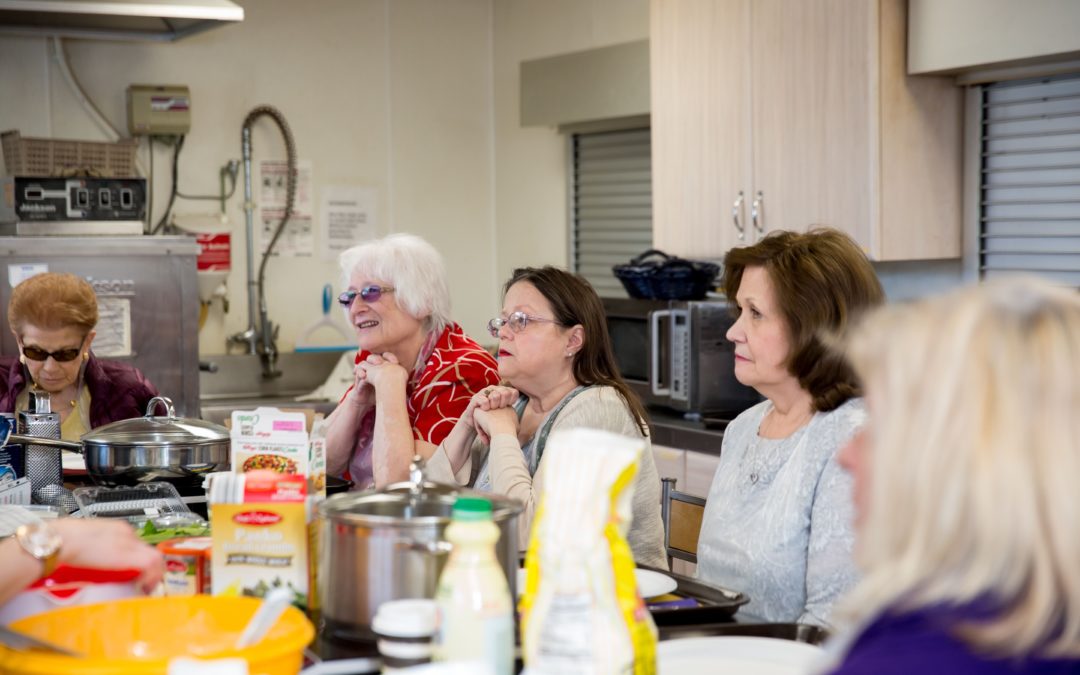Recognizing Vision Loss Alliance of New Jersey’s crucial role in helping adults adapt to vision loss, Novartis has awarded the nonprofit $10,000. Vision Loss Alliance will use the grant from the global medicines company to provide affordable training to 280 adults who are visually impaired or blind, and their family members.
“The Novartis US Foundation is proud to support the Vision Loss Alliance of New Jersey in their efforts to help meet the urgent need for vision services among the elderly and underserved communities in Morris and surrounding counties in New Jersey,” said Tracy Furey, president of the Novartis US Foundation.
Started in 1943, Vision Loss Alliance is one of the state’s longest-serving nonprofits for adults who are blind or visually impaired. Its one-day Essential Low Vision program teaches basic techniques to participants and caregivers. A 13-week Health and Wellness program expands on that with enhanced daily living skills training.
The program also addresses mobility, emotional wellbeing, and use of adaptive technology. (The nonprofit is expanding its popular technology offerings, creating a Learning Lab in which participants will learn not only how to harness the power of mobile devices, but to use desktop technology and software such as Fusion, and virtual assistants like Amazon Alexa and Google Home.)
Last year, Vision Loss Alliance added low vision occupational therapy, offering one-on-one sessions that are covered by Medicare and most major medical insurance companies.
“We are grateful that Novartis recognizes our expertise in teaching practical skills and addressing the emotional impact of sight loss,” Vision Loss Alliance Executive Director Kris Marino said.
While the number of people losing vision is expected to increase as the population ages, few options for affordable training and support exist. Only 20 percent of people who come to Vision Loss Alliance for help are employed, and three-quarters of them live below the poverty line.
“The generous support from Novartis allows us to provide life-improving training to an underserved population,” Marino noted.

